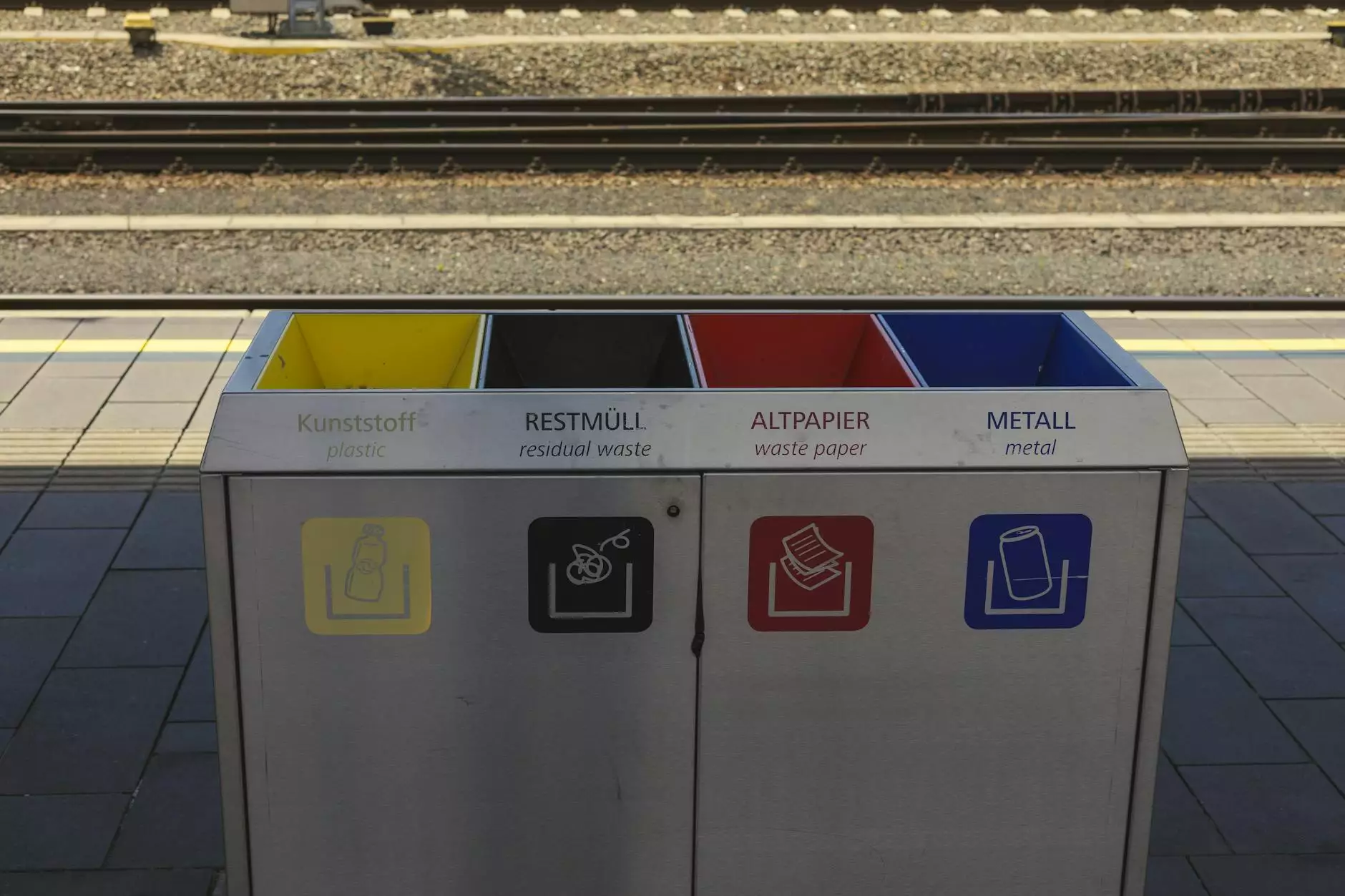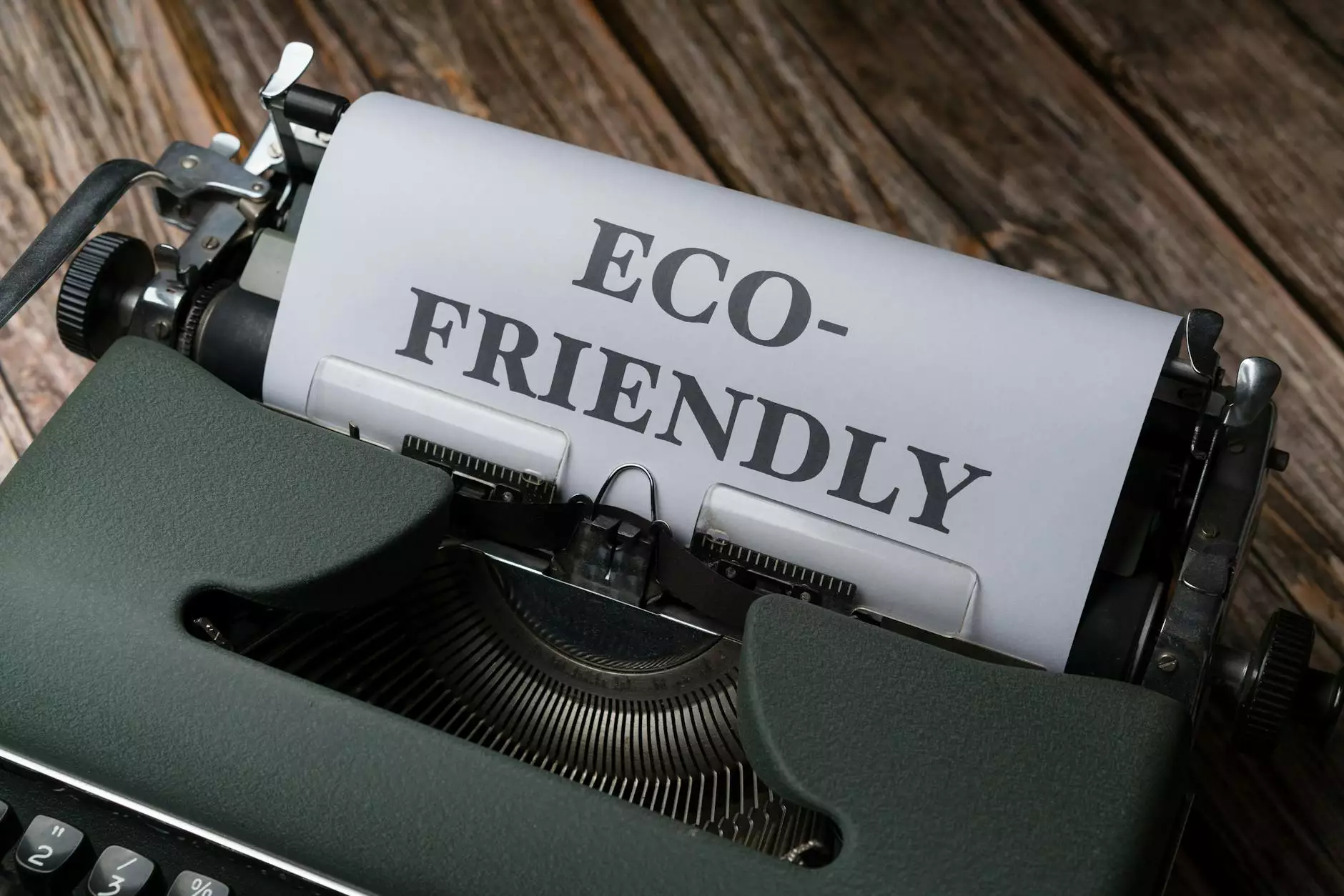Recycling FAQ

What is Recycling?
Recycling is the process of converting waste materials into reusable materials, reducing the need for raw materials and minimizing waste. It is an important practice for sustainable living and preserving our environment for future generations.
Why is Recycling Important?
Recycling plays a crucial role in mitigating climate change, conserving natural resources, and reducing pollution. By recycling materials such as paper, plastic, glass, and metal, we can save energy, reduce greenhouse gas emissions, and protect natural habitats.
How Does Recycling Work?
The recycling process generally involves the collection, sorting, processing, and manufacturing of recyclable materials. Once collected, the materials are sorted by type, cleaned, and processed into new products or materials that can be used again.
What Can I Recycle?
Most commonly recycled materials include:
- Paper: Newspapers, magazines, cardboard, office paper
- Plastic: Bottles, containers, packaging materials
- Glass: Bottles, jars
- Metal: Aluminum cans, steel cans, tin cans
Where Can I Recycle?
There are various recycling centers, drop-off locations, and curbside collection programs available for recycling. You can check with your local municipality or waste management service provider to find the nearest recycling options in your area.
How Can I Start Recycling?
To start recycling, follow these steps:
- Educate yourself about the recycling guidelines in your area
- Separate recyclable materials from general waste
- Bring materials to recycling centers or utilize curbside pickup services
- Compress and store materials to save space
- Reduce consumption and reuse items whenever possible
What Happens to Recycled Materials?
Recycled materials undergo various processes, depending on their type. Paper is pulped and turned into new paper products. Plastic is melted down and reshaped into new items. Glass is crushed and melted for manufacturing. Metals are smelted and transformed into new metal products.
Can I Recycle Electronics?
Yes, electronics can be recycled. It is important to properly dispose of electronic waste to prevent environmental contamination. Many recycling centers accept electronic devices, such as computers, smartphones, and televisions, for responsible recycling.
What Are the Benefits of Recycling Electronics?
Recycling electronics not only prevents hazardous materials from entering the environment but also helps recover valuable metals and components that can be reused. By recycling electronic waste, we reduce the demand for raw materials, conserve energy, and minimize the carbon footprint associated with electronic production.
How Can I Recycle Automotive Parts?
Automotive parts, such as tires, batteries, and oil, can be recycled. It is essential to dispose of these items correctly to avoid environmental harm. Many automobile service centers or waste management facilities offer programs for recycling automotive parts. Contact your local service provider to find out the nearest recycling options.
What Are the Benefits of Recycling Automotive Parts?
Recycling automotive parts helps reduce the environmental impact of the automotive industry. For example, recycling tires can provide materials for creating new tires or alternative applications. Recycling automotive batteries helps recover valuable metals and prevents harmful chemicals from polluting ecosystems.
Conclusion
Recycling is an effective and essential component of sustainable waste management. By practicing recycling, we can significantly contribute to the preservation of our environment and the conservation of valuable resources. Together, let's make a positive impact on our planet and future generations.










